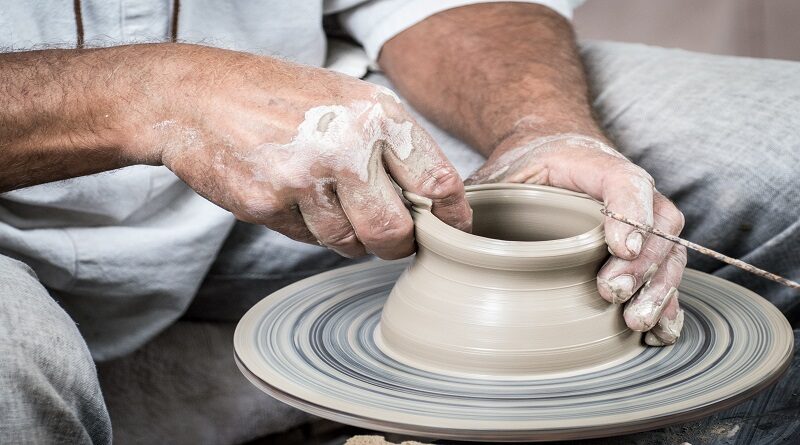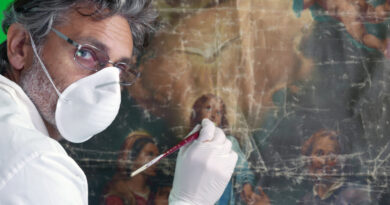Postgraduate courses in Ceramic Art
Ceramic art is an area of art that involves much patience and creativity and being able to work with your hands.
It offers a few different career paths in the area. If you think this area might be one that fits your personality, skills and passions then we hope we can help with some of the information below that might set you on the right path.
What is ceramic art?
Ceramic Art is art that is made from ceramic materials such as clay. These include artistic pottery such as tiles, figurines and other sculptures. Ceramic art is considered a visual art.
Ceramicists make clay and porcelain objects and can specialize in particular areas making certain types of items.This involves shaping, forming, and moulding clay into artwork. A large number of ceramicists work as freelancers and work in studios they have opened themselves. Another option is to go into teaching either in schools that may avail of the opportunity or teaching private classes to those who have an interest in learning the techniques and skills involved in ceramics. Others may go the route of becoming a ceramics designer.
Courses
There are many courses on offer in the area across the UK. Some courses offer the opportunity to study either part time or full time. Universities may have certain restrictions in place due to Covid-19 and may offer courses online. Some examples of courses on offer include:
Design (Ceramics) MA
A postgraduate course in this area will give students the opportunity to increase and develop their skills and knowledge further through a combination of material investigation and research. Different areas that will be covered include developing creative practice, analysis of contemporary context, initiating creative practice and more.
Ceramics
A masters in ceramics give you the opportunity to enhance your career opportunities. You will gain specialist knowledge and practical skills which are essential to becoming a ceramicist as well as gaining the skills to become a ceramics designer, designing the ceramics that have been made. Topics covered include ceramic design, professional pathways as well as learning about the tools and techniques involved.
Design and Applied Arts (Ceramics)
A course like this will consider your current and practice and recognise the opportunities that exist in research, material investigation and professional development. Key focuses include masters projects in design and applied arts, critical and reflective practice in design and applied arts, critical realisation of practice and looking at creative approaches.
There are also courses available in Craft MFA, Craft, Ceramics, Glasses and Polymers among others. There are many courses under the heading Ceramics but specific course content may differ from course to course so be sure to look into the courses in detail to make sure it is the right fit for you.
Entry requirements
Entry requirements may differ from course to course or university to university. Therefore, it is important to research your specific course in detail to ensure you meet the entry requirements. As these courses are postgraduate courses, you will need a bachelor’s degree. A specific degree is not necessarily needed but some form of education or a related degree is necessary to get into courses to enhance your career prospects. Some courses will require experience or learning in a related field or in the field of ceramics itself.
Related jobs
Jobs in the Craft and Fine Arts area include:
- Ceramicist
- Ceramics designer
- Oil painters
- Portrait artist
- Portrait painter
- Metal Arts production artist
- Fine-art painter
Salary
Your salary will be dependent on the route you take and can differ depending on your specific employment as well as the path you choose. For example, your salary may be different if you choose the route of a freelance ceramicist rather than the teaching route. Or if you did both, your salary would be different again. If you choose the route of a ceramics designer your salary may start out around £15,000 and earn more than £30,000 as you gain experience.
Skills and requirements
Skills and requirements helpful in this area include:
- Creative flair
- Practical skills
- Ability to work with your hands
- Time management skills
- Organisation skills
- Attention to detail
- Patience
- Understand health and safety issues
- Be able to use tools where necessary




